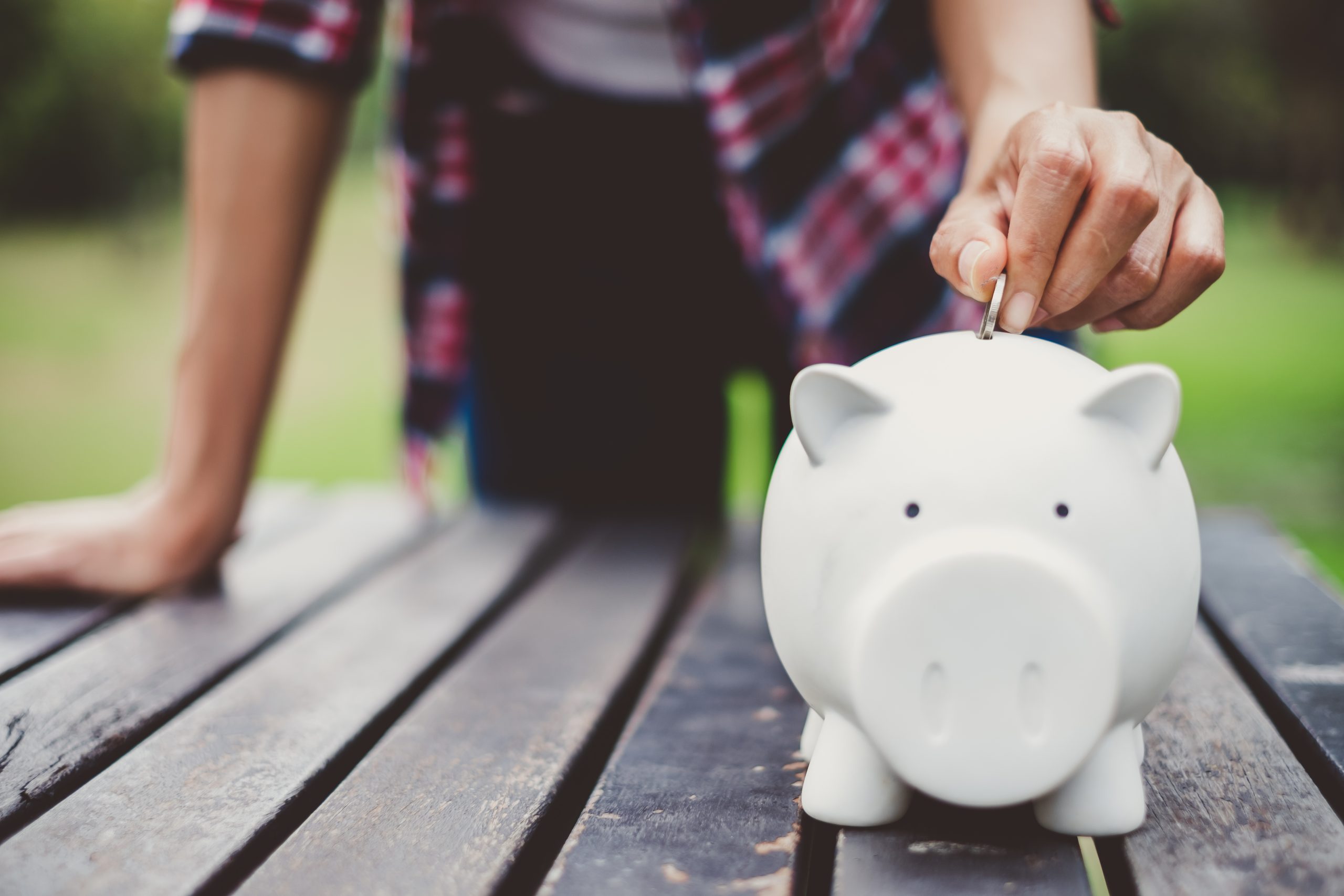How to
How to maintain your lockdown savings habits

Over the past 18 months we’ve seen countless holidays cancelled, weddings postponed and simple pleasures such as going to the cinema or dining at a restaurant with our loved ones prohibited.
However, one of the silver linings of subsequent lockdowns has been that many Brits have seen the value of saving.
Recent figures from the Bank of England show that the UK savings market has grown by £108bn over the past year, up 7.2 per cent.
Now that things are opening up, maintaining healthy saving habits cultivated during lockdowns for the long term is the challenge for many.
It’s important to try to strike a balance between our savings and spending patterns. It’s unlikely many of us will continue to save at the same level we did while in lockdown, especially with a spend-heavy period like Christmas quickly approaching. But ensuring good savings habits are not abandoned completely is important so that future life goals can be achieved.
It’s also important to be realistic with the amount you envisage saving; small, regular amounts will indeed add up over time, preferably on payday rather than what is left at the end of the month.
Whether you’re at the start of your savings journey or looking to maintain your already formed savings habits, we have shared our top five savings tips to see you through the Christmas period and beyond.
Set a savings goal – whether it’s saving for Christmas, a house deposit, a holiday or all three, being clear on what you’re saving for will help motivate you to save rather than spend.
It’s important to set a timeframe for when you’re aiming to reach your savings goal. Doing so will help you estimate how much you’ll need to set aside each week or month. Remember to be realistic with yourself in terms of how much you’ll be able to save on a regular basis.
Check where your savings are currently being held – smaller banks generally offer better savings rates than high street giants, so it is worth shopping around.
Interest rates may be near all-time lows, but there is value in getting the best rate possible as compound interest means your savings will add up over time and you can reach your goals quicker.
Utilising different savings products for your various savings goals can also be helpful. Fixed rate accounts typically offer higher interest rates and can be useful when saving for a bigger expense on the horizon, for example, a dream holiday or house renovations.
Review your monthly expenses regularly – online shopping and mobile banking has made accessing and spending money even easier.
Take a look at your recent bank statements and familiarise yourself with your spending patterns.
Calculate all your outgoing expenses such as rent, utilities, and groceries, and work out how much of your pay check you spend on these items.
Next, turn your attention to those unnecessary spending habits which you can drop. Small changes, such as making your own coffee or lunch a few days a week, will add up over time.
Allocate a budget and stick to it – after identifying your necessary outgoings, allocate a monthly budget to spend on socialising, shopping and other activities. Hold yourself accountable and don’t shy away from reviewing your bank balance regularly.
Ahead of every week, keep track of how much you’ve spent so far and adjust your budget for the forthcoming weeks based on this.
Review your savings habits regularly – if you’re having difficulty meeting your savings target amount, reduce your monthly contributions to make it more manageable.
If you receive a pay rise, a financial gift or find your monthly outgoings are reduced, consider increasing your contributions to achieve your savings goals sooner.
It’s generally best practice to take out your savings contributions on payday rather than what is left at the end of the month to keep the amounts regular.
Ewan Edwards is head of savings at Aldermore bank